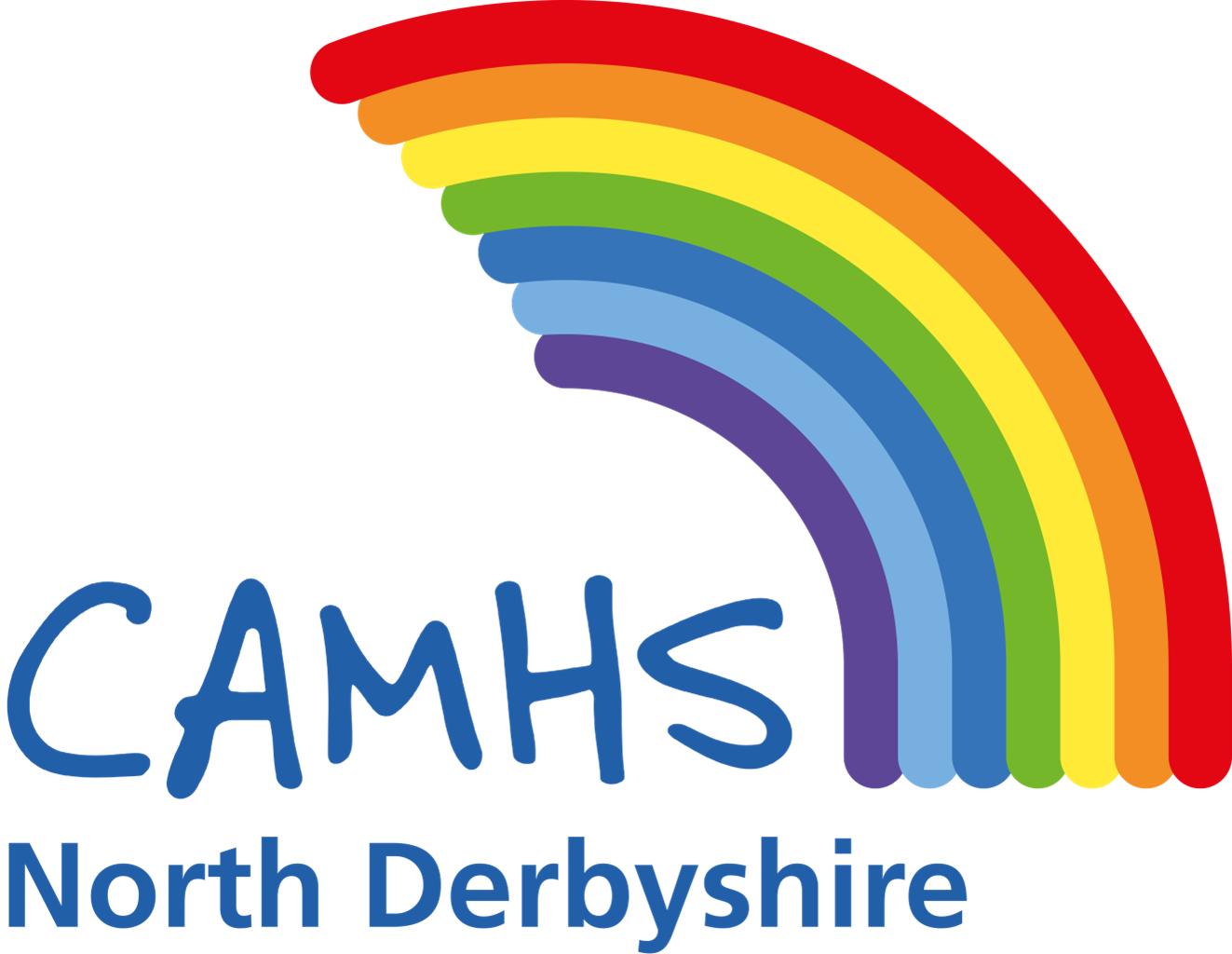learning disabilities
Puberty and Sexual Development in Young People with a Learning Disability
Introduction
Puberty and sexual development is a normal process, usually beginning between ages 10 and 15. Many young people go through puberty without any major difficulties.
During puberty, the body goes through a lot of external and internal changes. This is also a time when many young people are seeking to develop their own identity and sense of self. It can be a fascinating and scary time. Noticing hairs starting to grow, bleeding, or developing spots, with little understanding about why it is happening can be very frightening.
Furthermore, trying to make sense of your feelings, hormone changes and moods is very difficult, particularly if it is hard to articulate your feelings. Sexuality can cause a lot of anxieties for young people, families, and professionals. Just because a person has a learning disability does not mean that they won’t develop the same sexual feelings as other people.
SEX EDUCATION
Most people learn about sexual development through playground talk, magazines, media, and formal sex education. For people who have a learning disability, they quite often do not get access to such mediums.
It is not surprising that sometimes young people might start touching themselves or other's sexual parts as they become curious about bodily changes. This does not automatically lead to inappropriate sexualised behaviour. It is usually about curiosity and a lack of education. For some people the behaviours do turn into rituals, but usually any inappropriate behaviour can be shaped.
SEXUAL BEHAVIOUR
Most sexual behaviours are normal but can become an issue when they happen in public or in an inappropriate context.
Kissing – Inappropriate kissing on the mouth or on parts of other peoples bodies.
Touching – Themselves or others’ private parts. This can be in the home or out in public places.
Sexual language – Using sexual words and Words phrases.
Using objects – Rubbing themselves or objects onto themselves to gain sexual stimulation e.g. rubbing against a wall, floor.
Helpful responses
Saying sexual words – You may wish to provide more explanation about what the words mean, and appropriate times for the young person to use them. Try not to give a response to the words, and when the young person realises they are no longer getting a response they may use it less often.
Touching/rubbing own private parts – Say to the young person “If you want to touch yourself, do it in your bedroom or bathroom”. Sometimes it may be more appropriate to distract them (e.g. if you are in the supermarket).
Touching others private parts – Gently remove hand, avoiding eye-contact, then distract them. When the situation is calm explain the situation (e.g. “It's not okay to touch women’s breasts it will make them upset”).
What you can do as a parent/carer
Talk through any concerns with teachers, paediatricians or professionals involved.
Schools usually have good PSHE programmes, so if the teacher is aware there is an issue, discussion and topics can be raised.
For young people with learning disabilities, individual tailored learning can be helpful to suit individual needs.
Although it is difficult and sometimes embarrassing, try not to become angry as this may make the person feel ashamed.
Work on one thing at a time and keep any messages clear and consistent.
Keep your approach low-key with low arousal.
When to consider asking for more specialist help
CONSIDER SEEKING HELP:
If you are unable to cope with your child’s puberty or sexual behaviour.
If your child is at risk from their sexual behaviour.
If your child’s sexual behaviour is affecting their quality of life.
Please talk to your Paediatrician, Social Worker, or School for further info and support and about local resources.
Further support, advice and self-help
The National Autistic Society provides information and support for people with Autism and their families and for professionals. They are a very active organisation and offer some really useful information about strategies and approaches for supporting people with Autism.
Website
The British Institute of Learning Disabilities also have some useful information and further advice about a variety of common issues.
Website
Local Offer is a Derbyshire-specific site which allows you to search for lots of different services, including parenting support groups, in the local area.
Website

